While the world is not yet meeting the challenge of the climate crisis, there is exciting work happening to get us closer to that goal.
Let’s take a moment to celebrate some of the things being done to make the world a more sustainable place.
Two important celebrations of sustainability science occurred this week.
Here in Aotearoa, we had the NZ Science awards which awarded prizes to some of the country’s best climate and sustainability research.
And internationally, it was the second-annual EarthShot Prize ceremony - which has been dubbed the Oscars of sustainability sciences.
It included music performances by Billie Eilish, Ellie Goulding and Annie Lenox. Speeches and prizes were presented by Prince William, Shailene Woodley, Rami Malek, Catherine O’Hara and Sir David Attenborough.
Earthshot Prize winners are awarded nearly $2 million NZD.
Earthshot: Clean Our Air 2022 winner
Mukuru Clean Stoves, Kenya
Seven hundred million people across Africa use traditional charcoal cook stoves that can cause chronic respiratory problems for people across the continent.
Charlot Magayi from Nairobi developed a stove that produces 70% less pollution, halves ongoing fuel costs, and costs only $15 NZD.
Two hundred thousand people in Kenya are already using these stoves, and Magayi has plans to create an even cleaner ethanol-based stove and transition the stoves of ten million more people in the next ten years.
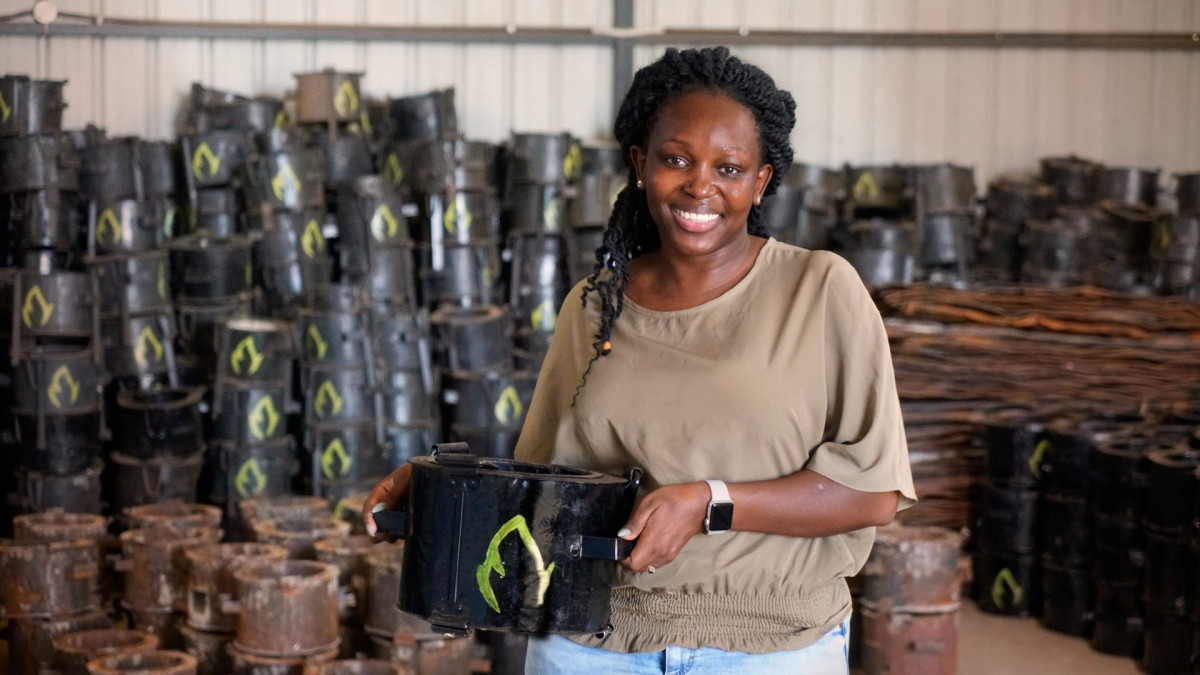
Charlot Magayi with a Mukuru clean stove. Source: EarthShot
NZ Science Awards: Early Career Researcher 2022 winner
Dr Vineet Shah, Callaghan Innovation
The concrete industry plays a massive role in global emissions, representing 8% of man-made emissions every year.
Most of this is due to how energy intensive the process of creating concrete is.
Dr Vineet Shah is a New Zealand researcher focussing on carbon capture and storage, and improving concrete.
He is part of an international team who have developed a lower emitting concrete called Limestone Calcined Clay Cement.
It can reduce emissions from cement by up to 40%.
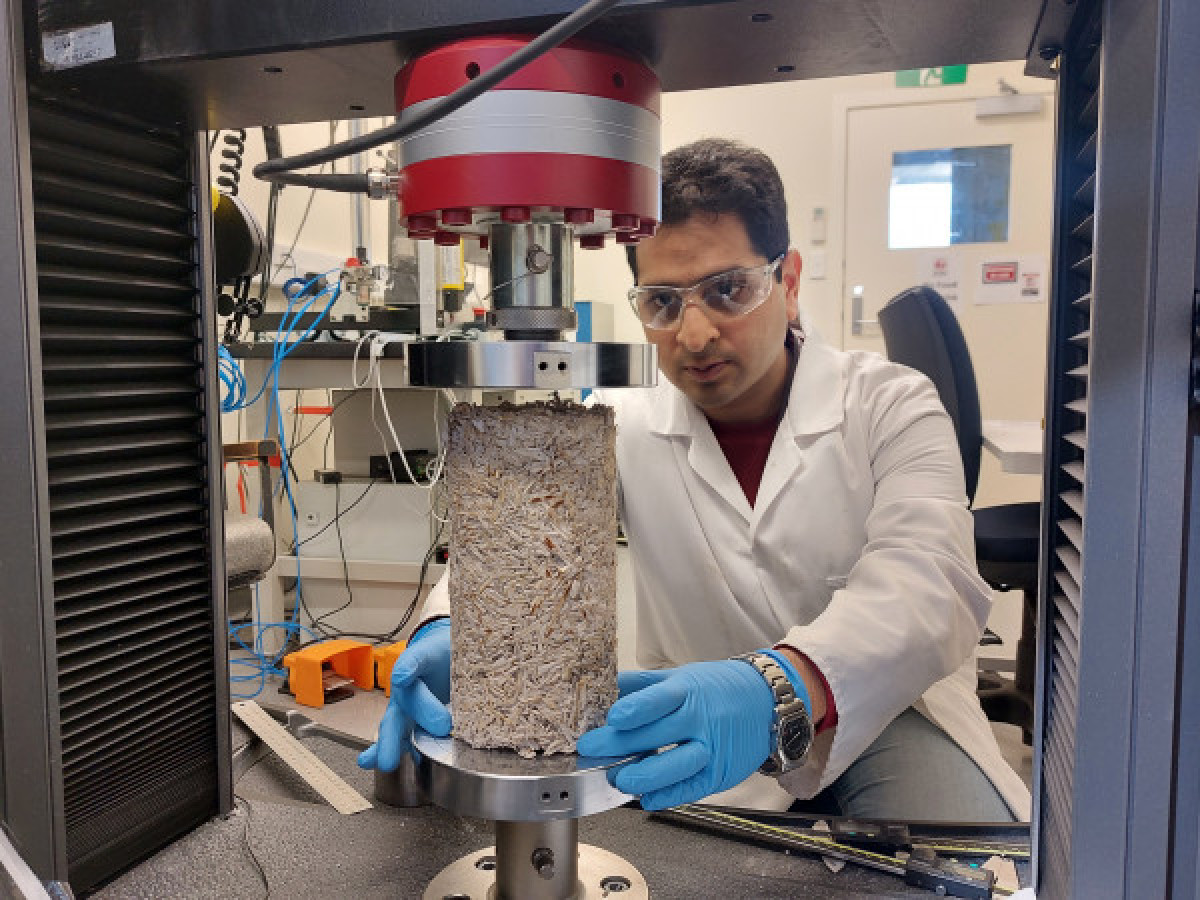
Dr Vineet Shah working in the lab. Source: Science New Zealand
Earthshot: Protect and Restore Nature 2022 winner
Kheyti, India
A third of the world’s food is produced by farms smaller than two rugby fields. There are 100 million of these farms in India, with many of the poorest communities relying on them.
These farms are being hugely impacted by climate change - with India experiencing earlier and fiercer heat waves that are devastating the amount of food these farms produce.
To combat this, company Kheyti developed a “greenhouse-in-a-box” - a compact netting solution that protects crops from the elements and pests and is 90% cheaper than traditional greenhouses.
Farmers using these greenhouses have reduced the amount of water needed by 98% and increased their yields by seven times.
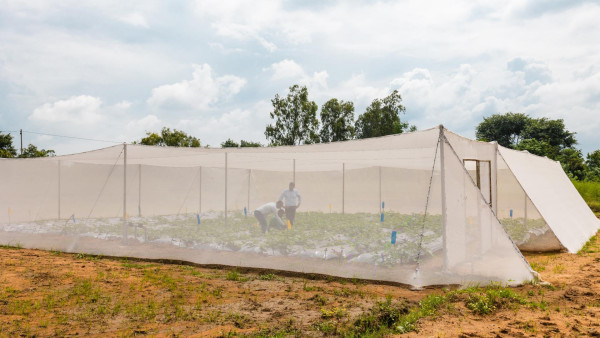
One of Kheyti’s greenhouses in action. Source: EarthShot
Earthshot: Revive our Oceans 2022 winner
Indigenous Women of the Great Barrier Reef, Australia
Coral reefs host a quarter of all marine life, clean the air, and reduce erosion and flooding.
But they are dying under the pressures of a warming planet - including one of the world’s biggest and most important, Australia’s Great Barrier Reef.
Aboriginal Australians have cared for the reef for tens of thousands of years and have cultural knowledge that has been identified as key to preserving it.
The Indigenous Women of the Great Barrier Reef is an organisation committed to including more women in this practice.
Only 20% of indigenous rangers in Queensland are currently women. The group has trained over 60 women in the past four years.
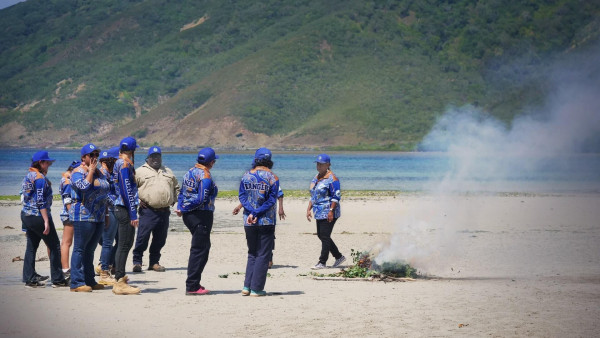
An Indigenous Women of the Great Barrier Reef training session. Source: EarthShot
NZ Science Awards: Early Career Researcher 2022 winner
Dr Zac Beechey-Gradwell, AgResearch
New Zealand's agricultural industry produces half of all national emissions.
This is largely due to the methane that animals like cows and sheep burp out after eating grass.
Dr Zac Beechey-Gradwell has led the development of a new variety of grass that makes animals produce 10% less methane.
It is also more nutritious for the animals, resulting in them producing more milk, making it more likely farmers will adopt this more climate-friendly grass variety.
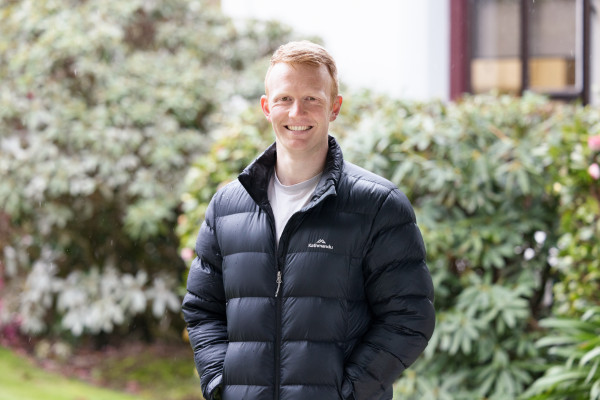
Dr Zac Beechey-Gradwell. Source: Science New Zealand
Earthshot: Build a Waste-Free World 2022 winner
Notpla, United Kingdom
There are 6.2 billion tonnes of plastic in our landfills and oceans, and that number is set to almost triple by 2040.
London-based company Notpla has developed a seaweed based packaging that could replace many plastics.
They currently produce a range of packaging made from seaweed, such as bottles, takeaway containers and a paper for holding cosmetic products.
This year they replaced over one million plastic takeaway containers, and 36,000 drink containers at the London Marathon.
But the impact of these containers goes beyond reducing plastics. Seaweed captures carbon 20 times faster than trees so, if scaled, their solution to the plastic problem may also help tackle climate change.
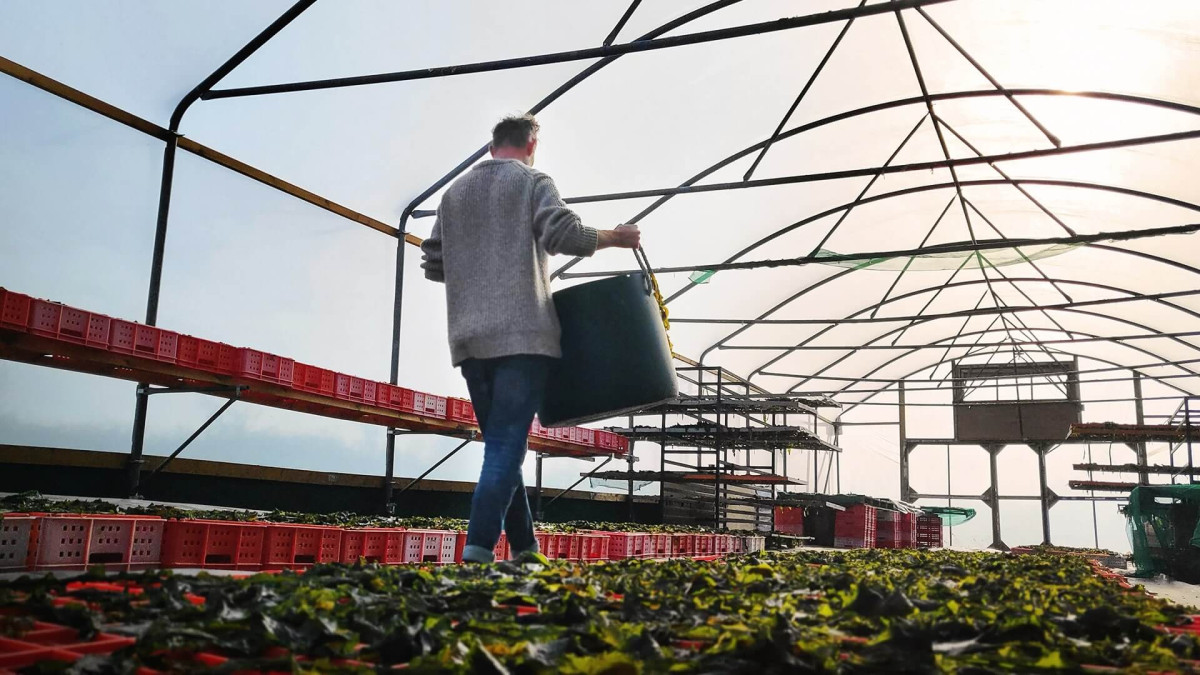
Notpla seaweed storage tent. Source: EarthShot
Earthshot: Fix Our Climate 2022 winner
44.01, Oman
To limit climate change, we need to be able to capture and store a lot of C02 from our atmosphere.
Company 44.01 from Oman has found a way to remove C02 permanently by turning it into a rock called peridotite.
The current storage solution is to capture C02 gas and inject it into underground cavities - such as depleted aquifers. But this process is a temporary solution that is expensive and requires monitoring.
44.01’s method is a permanent way to remove C02 from circulation.
They are already capturing 1,000 tonnes of C02 a year, and plan to mineralise 1 billion tonnes by 2040.
44.01 have permanently captured 1,000 tonnes of C02 a year, and plan to mineralise 1 billion tonnes by 2040.
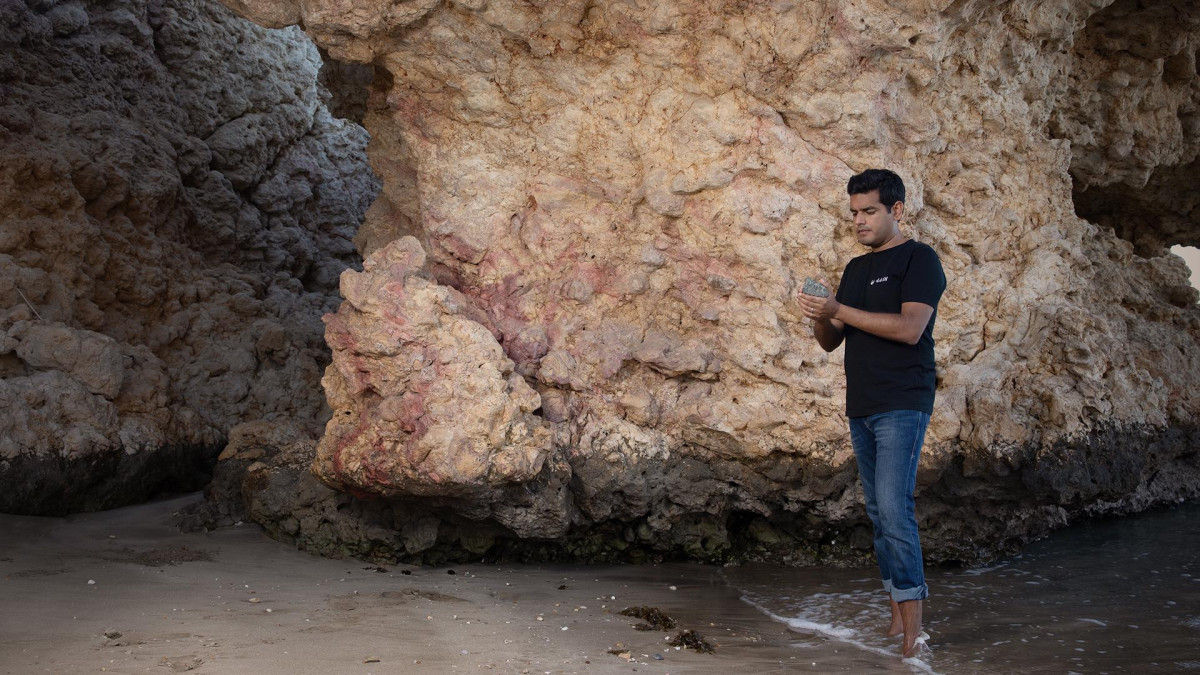
44.01 founder Talal Hasan in front of a natural peridotite formation. Source: EarthShot
More stories:
Covid is coming to Christmas. Here's how to keep safe
Last week there were more than 34,000 reported cases of Covid-19.
How do we get more women in trades? Stop men being dicks
Only 12% of tradespeople are women and sexism is keeping it that way.
Supermarkets told to take Daily Organics Kombucha off their shelves
This comes after it was revealed the non-alcoholic range was over two times the legal alcohol limit.